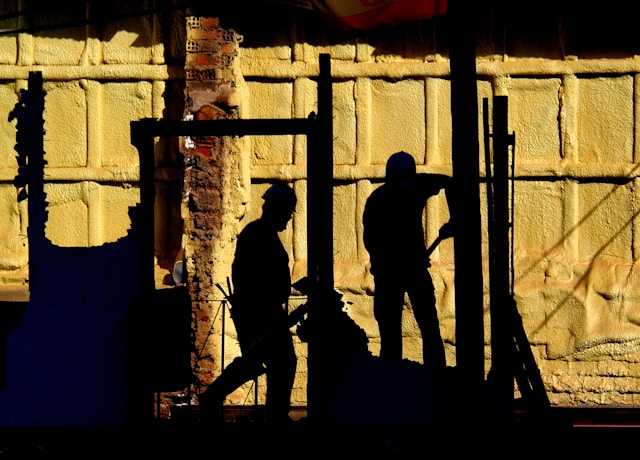
The Texas Comptroller of Public Accounts has reaffirmed its position that construction firms using lump-sum contracts which combine taxable and non-taxable services are subject to sales tax on the entire amount—unless they can prove which portions are exempt.
.jpg)
The decision, (Tex. Comptroller of Pub. Accts., Decision No. 118,954, June 10, 2025), involved work performed between 2014 and 2017 and provides new clarity—and new caution—for contractors working under blended service contracts.
In this case, the taxpayer performed a mix of new construction, repairs, and remodeling under lump-sum agreements. The Comptroller found that because the contracts did not separately state exempt and taxable work, the taxpayer could not later claim exclusions for non-taxable services. On appeal, the Administrative Law Judge (ALJ) agreed, affirming the additional sales tax assessment.
The ALJ’s opinion reiterated several key principles:
The decision references Tex. Tax Code §111.0041 and Rule 3.281, which require businesses to maintain “contemporaneous” records in the regular course of business and make them available for audit.
The ALJ’s findings further emphasize that:
“If a combination of taxable services (e.g., repair of nonresidential property), nontaxable services (e.g., new construction, residential repair, or maintenance), and nontaxable unrelated services are sold or purchased for a single charge and the portion that relates to taxable services represents more than 5.0% of the total charge, the total charge is presumed to be taxable. The service provider may overcome this presumption by submission of documentary evidence that establishes the percentages of the total charge that relate to taxable services and to nontaxable services.”
This threshold means that even small portions of taxable work—if not separately documented—can render the entire contract taxable.

For contractors and developers, the ruling underscores the critical importance of clear contract language and meticulous recordkeeping. Those who fail to separate taxable work from exempt new construction risk substantial back-tax liabilities during an audit.
Lump-sum contracts, though common in construction, can easily blur these lines. Without detailed documentation, the Comptroller will assume the entire charge is taxable. This decision serves as a reminder that tax liability in the construction industry hinges as much on administrative precision as on the nature of the work itself.
Separate taxable and exempt work in all contracts and invoices. Avoid combining them into lump sums.
Maintain complete project records—including blueprints, bid sheets, scope of work, schedules of values, and change orders—to substantiate new construction claims.
Educate accounting and project management staff to recognize which services are taxable and which are exempt under Texas law.
Conduct periodic internal reviews or self-audits to assess potential exposure before the Comptroller’s auditors do.
By taking these proactive measures, construction firms can better position themselves to withstand audits and avoid costly retroactive assessments.
As the Texas Comptroller’s decision highlights, precision in documentation is not only good business practice—it’s a legal necessity.
Originally reported by Josh Prywes of Winstead in The National Law Review.